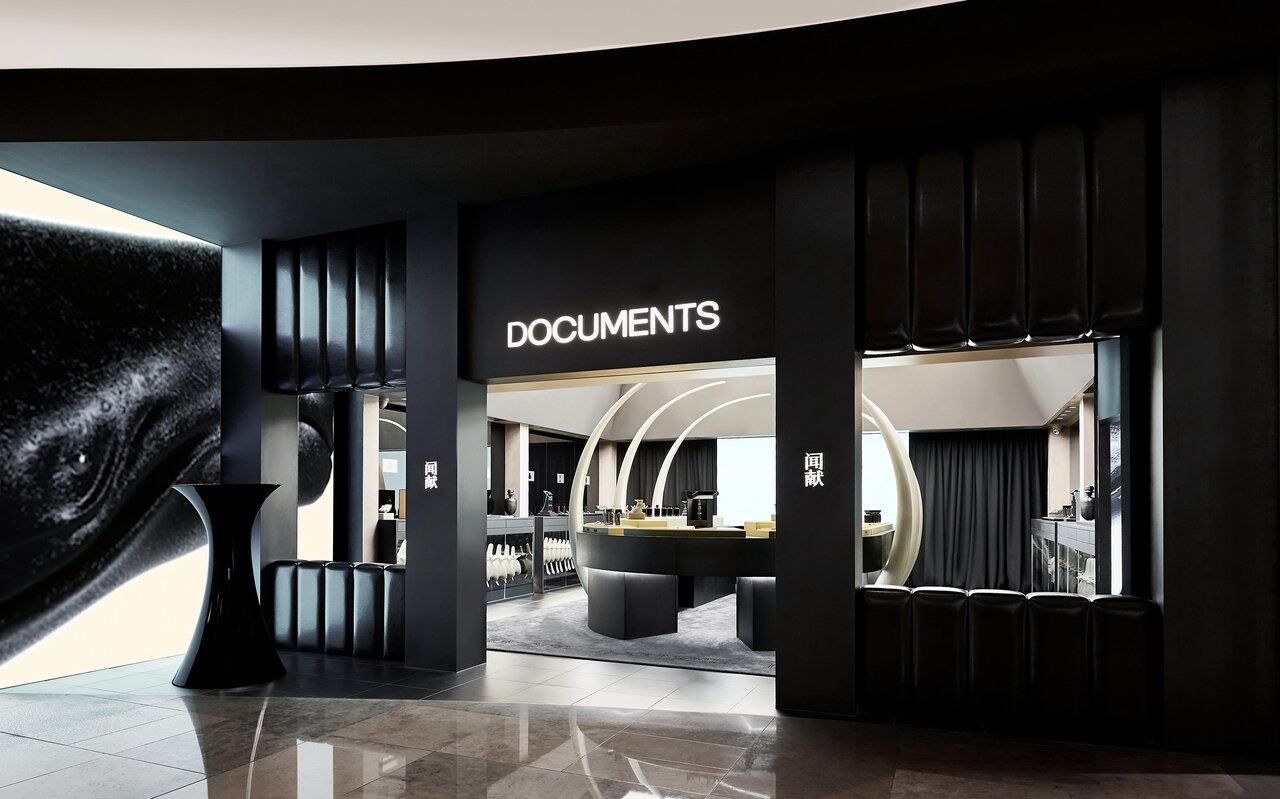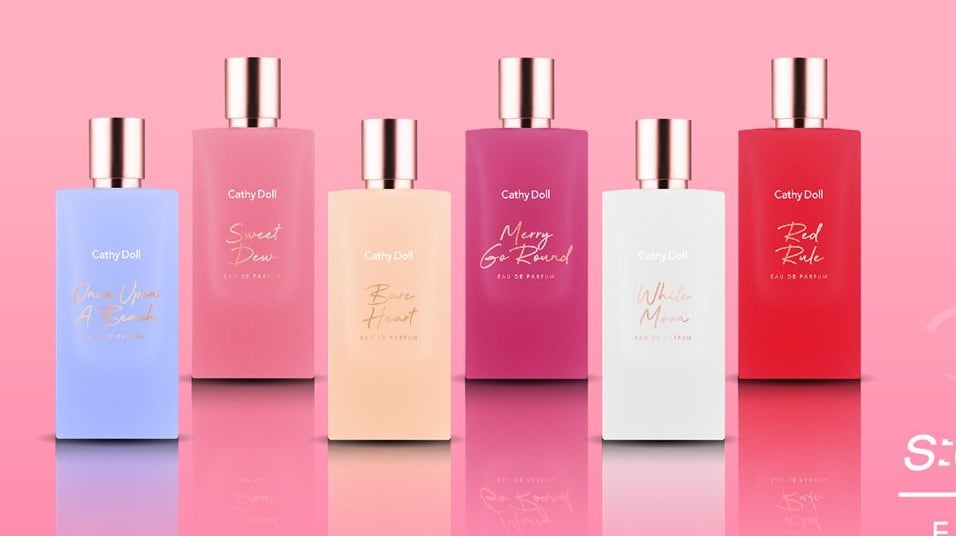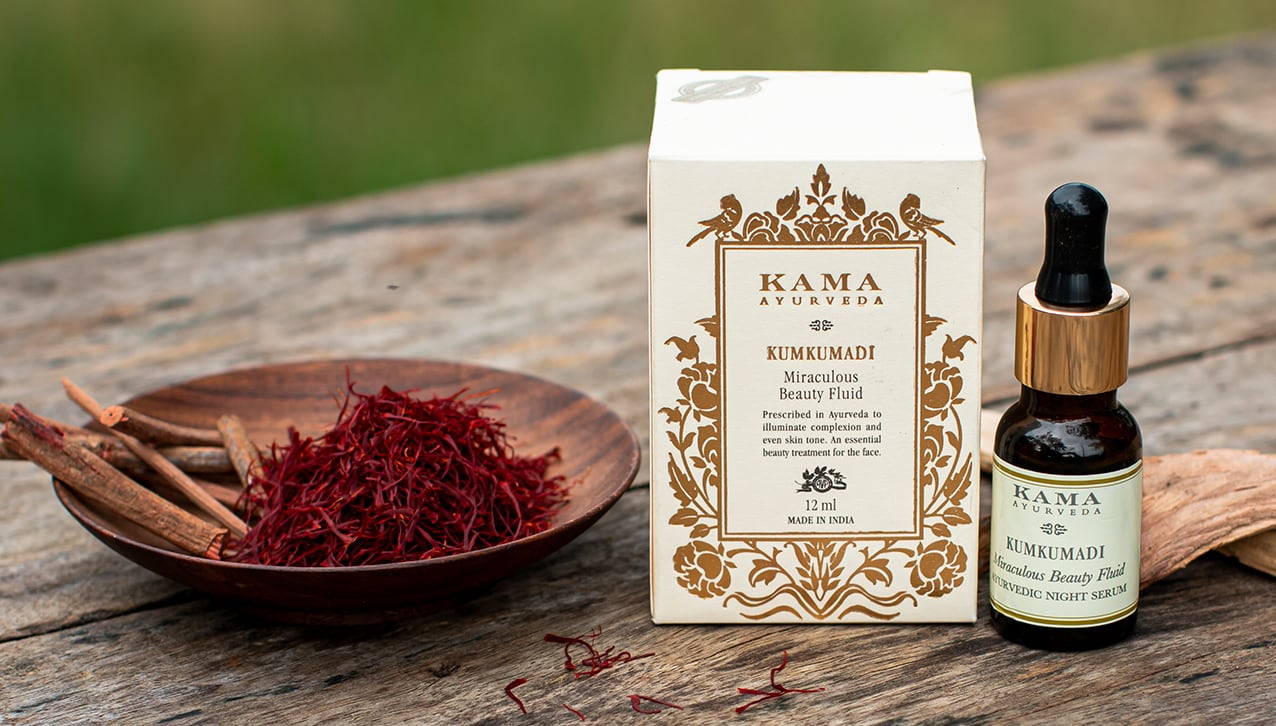Following last month’s news that L’Oréal’s China investment company had taken a minority stake in Chinese fragrance brand Documents, CosmeticsDesign-Asia caught up with Clean Beauty Asia founder and Chinese beauty market guru Allie Rooke, to get her take on the deal.
Although L’Oréal has been present in the Chinese market since 1997 and acquired several Chinese brands in that time, the purchase of a Documents stake marked Shanghai Meicifang’s first deal since it was established as the group’s China investment fund in May.
According to Rooke, L’Oréal’s previous acquisitions in China - which have included Mininurse, Yue Sai and Magic Holdings - have not been hugely successful.
“Previously an iconic Chinese mass market skincare brand, under L’Oréal, Mininurse did not thrive and is now focused on lower tier cities,” said Rooke.
With regard to L’Oréal’s acquisition of Yue Sai in 2004, she said it “came early, before the Chinese were aspiring to buy local brands”. Initially positioned as a mass market brand, Yue Sai was later repositioned as a premium offering, but despite L’Oréal’s efforts at reinvention, Rooke said that “overall Yue Sai is still not a success inside or outside of China”.
Magic Holdings, a Chinese cosmetics mask brand, was acquired by L’Oréal in 2014 for over $800m. By mid-2015, L’Oréal had written the acquisition down by $236m, after which the leadership team left very quickly and sales plummeted, said Rooke.
“By 2016 sales had fallen to around $30m from $200m in 2012,” she said. “L’Oréal tried to bring it up to the premium space but failed. Now it exists in cosmetic stores in lower tier cities and in VIP and Pinduoduo.”
C-market acquisitions are vital to success
Despite these setbacks, Rooke insisted that further acquisitions of local brands are vital if L’Oréal and its peers are to succeed in the Chinese market.
“The future in China for L’Oréal is a balanced portfolio of local and international brands,” she said. “L’Oréal and all the groups need to diversify their portfolios beyond brands that were created for western consumers. Asian consumers’ purchasing power is growing and in many cases they want brands that were developed for them. For these big beauty groups to stay on top of their game they need to include more homegrown Asian beauty brands in their portfolios.”
There are several reasons why Documents could take a very different course to L’Oréal’s previous Chinese acquisition targets.
Firstly, this was an early-stage investment, paving the way for a full acquisition whilst lowering the total cost.
“This represents a strategy change from L’Oréal,” noted Rooke.
Secondly, she said the fragrance category was growing fast.
Thirdly, in contrast to brands such as Yue Sai and Mininurse, Documents is a true luxury brand - a rarity in China, she said.
“Documents has adopted extremely aspirational positioning - the understated introverted Zen Cool image rooted in Chinese culture, with artistic story telling and the assurance of quality ingredients from Givaudan. L’Oréal has some strong brands but nothing like this,” she said.
In terms of positioning, Rooke pitched Documents alongside Byredo (recently bought by Puig) and listed Aesop and Le Labo as other potential competitors owing to their similar brand style.
Documents also has the advantage of its own retail presence, with plans to expand to between 30 and 40 stores in the next five years, according to Rooke. The store is unconventional, providing an immersive experience.
All of these factors have culminated in a brand that appeals to the younger Gen Z audience - the consumer demographic that is most focused on C-beauty (aka Chinese-born beauty brands), according to Rooke.
“They want brands that can reflect their personalities and many western brands are not filling that void,” she said.
Exciting move for C-beauty
In this respect, she said the move was exciting for the C-beauty space.
“C-beauty has seen strong performance in recent years. In-depth understanding of local consumers and supply chains enables brands to develop new products quickly and adapt products to consumer needs.”
She said L’Oréal’s investment in Documents showed how seriously the beauty groups are taking C-beauty.
“C-Beauty is in the process of evolving and defining itself and this acquisition will give other brands confidence. There will be more acquisitions over the coming years. They [beauty multinationals] are all keeping a very close eye on the market. Everyone wants a piece of the explosive growth.”




